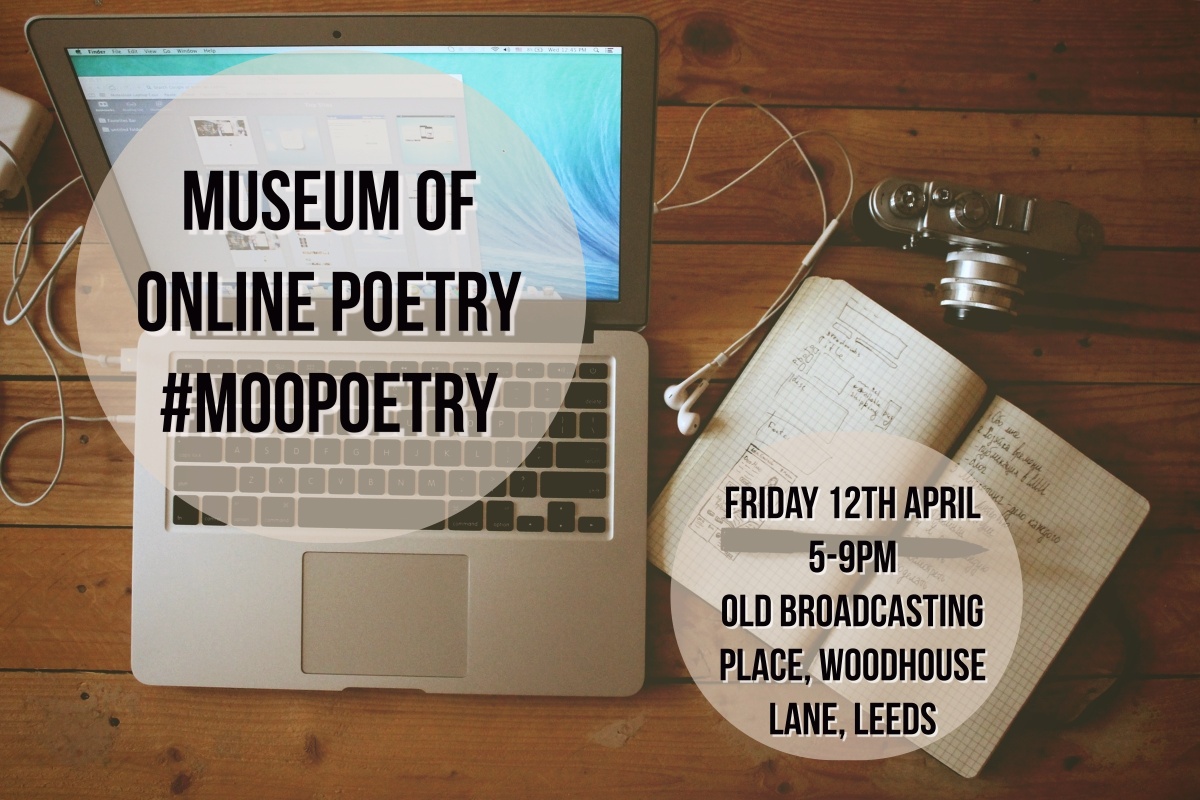“Trick or treat!”
George looked down at the smiling little girl, as he answered the door. He remembered when Libby was this small, though he had never got to have a Halloween like this with her.
“Well hello there, Alice! I’ve got some-”
“I’m not Alice, I’m Rosie,” she interrupted with a confused pout.
“Um…your…” he looked at her blue dress and white apron, then back to her puzzled expression.
“He means your costume, Rose,” came an amused voice from behind her. George looked above Rose to see a woman holding another child, a little boy who, according to the giant pocket watch that he was chewing on and the bunny ears, was the March Hare.
“Oh! I forgot, that was silly,” Rose giggled. She turned and moved closer to the woman. “Mummy? How come-”
“Rose,” her mother interrupted. “Don’t ignore the nice man…” she trailed off and shot an apologetic and exasperated smile at George.
“Oh!” Rose squeaked and rushed back to the door. “I’m sorry sir! Trick or treat!”
George chuckled and crouched down to hold the bowl of candy out to the little girl who thought hard about her choice before selecting a red lollipop and putting it in her plastic pumpkin basket.
“You sure that’s all you want? Most of the trick or treat-ers came here earlier, so I’ll have all this leftover…” he winced as if the thought pained him.
Rose bit her lip again and pulled out a blue lollipop and looked back up at his face.
“Grandad says we shouldn’t eat too much sugar,” she told him quietly. “Or else he’ll have to give us pretend ones and I’ve seen Great-Grandma Beth’s and she puts hers in a glass at night and that’s yucky.”
George laughed and stood up, putting the bowl down on the entry table as the child continued to talk about teeth.
“And Robby’s just getting his teeth so he can’t have too much, or else they’ll-”
“Rose, please! I’m sorry, we should be getting home now, this is our last stop.”
“So you live close by?” George asked.
She nodded, “Yes, we just moved here last week, our house is just around the corner.”
“Right,” he nodded. “The old Butler house. That’s been empty for years, I heard someone moved in but I’ve been busy at work all week. You’ve escaped the town gossips so far,” he smiled.
She chuckled and adjusted the boy on her hip, “Yes, thankfully. With all of the work that needed doing around the house it’s been a no-go-zone, I think that all the construction is keeping people away for now. We just needed to get away from it all today so we’ve been exploring while we trick or treat.”
“I know it’s a small town but it’s easy to get lost. If you need any help, just ask, even down at the station. Like I said, it’s a small town and it’s quiet, so there’s always someone there that can help.”
“The station?” she asked, a confused pout appeared that matched her daughter’s.
“Oh right, sorry! I mean the police station, it’s right in the centre of town. I’m the Captain, George Devin” he introduced himself and held out his hand.
“Arden Wainwright,” she told him, as she shook his hand. “This is Robby and of course you’ve met Rose-”
The little girl bounced slightly as she waved excitedly, “Hi!”
“We’d really better be going, this one’s ready for bed,” she nodded to a sleepy Hugo. “It was nice to meet you Mr Devin.”
“Please, call me George,” he smiled.
Arden smiled, “Alright, goodbye George. Say goodnight Rosie…”
“G’night Mr George!” she waved.
He waved back and watched as the three of them walked down the garden path. He shut the door and let himself think of Libby. What time was it in Little Rock? Was it too late to call?
When she answered the phone, it was bittersweet. He was happy just to hear her voice, mad at himself that they didn’t talk more, so thankful that she wanted to speak to him too.
It didn’t hurt like he thought it would, when she gently told him that Mallory was seeing someone, and that it seemed serious this time. He wondered when that had happened. When did he stop remembering the day he came home so see Libby in her car seat, suitcases and boxes in the back? When did he first stop in his tracks just missing his daughter, and not his family?
The next day seemed brighter. He powered through the backlog of paperwork that he had put off, energised by Libby’s promise to come and visit him that summer. He hadn’t been exaggerating when he had told the new woman, Arden, that it was quiet at the station. It was only just past noon when he finished the last report and leaned back in his chair, half wishing someone would call, yet half hoping no one would.
Deciding to go out for lunch, he picked up his jacket and headed out. He opened the door and stepped out, only to bump into someone about to enter the station.
“Oh, it’s you,” someone said.
George looked down to see Arden smiling up at him with Robby by her side, fiddling with the strap of her purse as she waited for a response.
“Ms Wainwright, hi,” he smiled. “Robby,” he added.
“Hello George,” she greeted. Her accent crept in as she spoke, a Southern twang standing out where he hadn’t noticed it last night. “I was just coming to see if you-someone, if someone could tell me where the dance school is,” she said. “Rose is at her first day of school so I thought we’d come and check it out before we sign her up. You’re probably busy, I’m sure we can find-“ he reached out to stop her as she turned to move away.
“No no, it’s fine. I was just about to get lunch; it really is quiet around here,” he laughed. “You looking for Miss Penny’s?” she nodded. “Well I’m heading out that way, so I can take you there right now.”
“It won’t be any trouble?” she asked, picking up Robby.
“No trouble at all,” he shut the door behind him and walked out, gesturing for her to follow. He smiled, somewhat shyly now, “I can even show you the finest cuisine that Brookfield has to offer, if you have the time?”
















